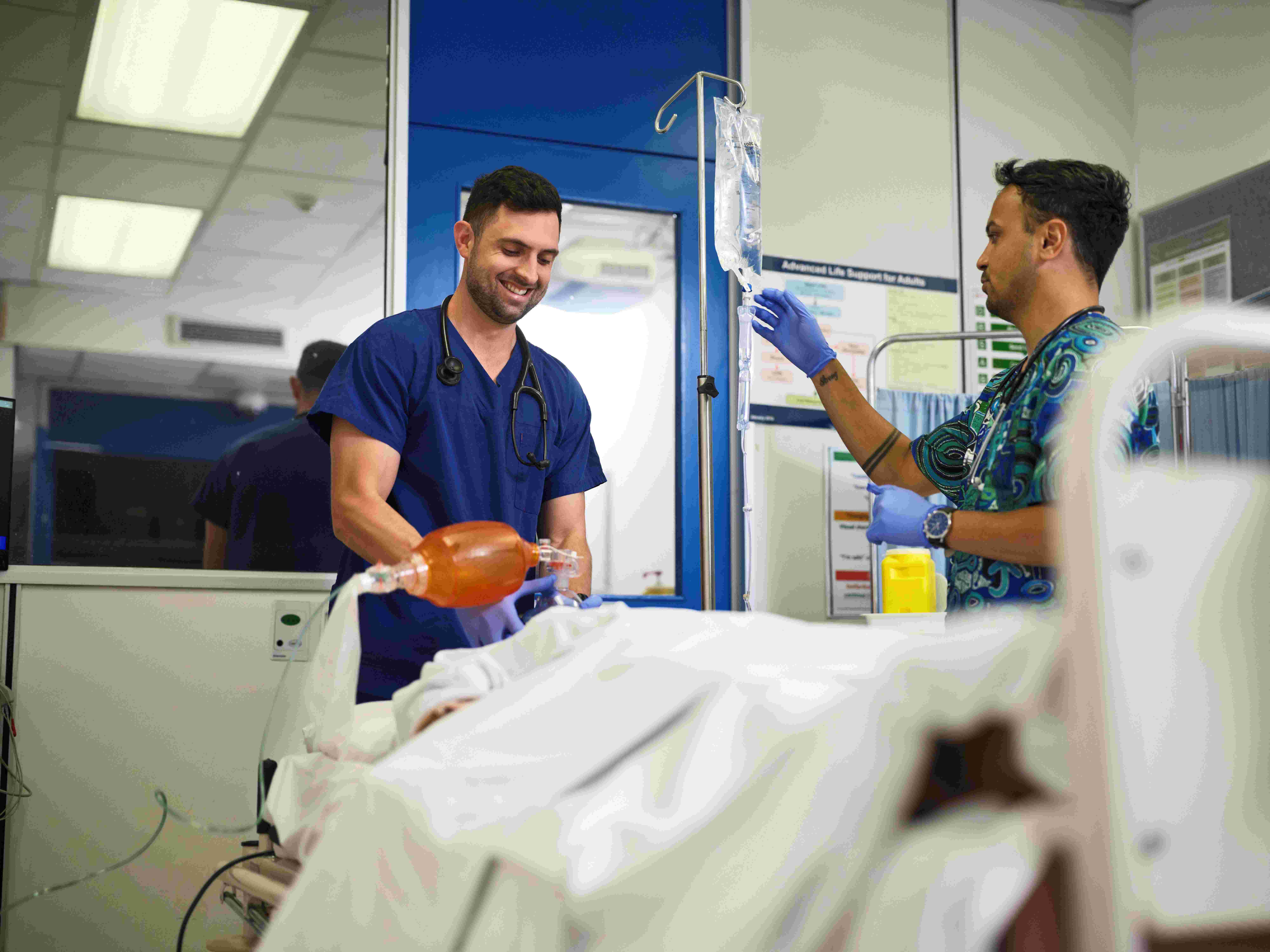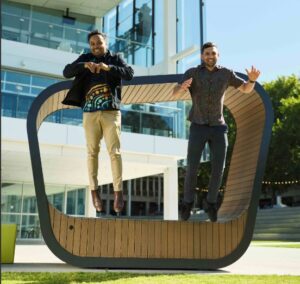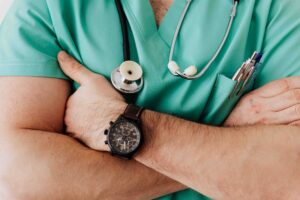
Twelve Indigenous students will celebrate a significant milestone on the path to becoming a doctor after successfully completing the 2023 Indigenous Entry Stream (IES) at Flinders University.
Five students intending to study medicine in Northern Territory, and seven planning to study in South Australia, have completed the intensive program which offers Aboriginal and Torres Strait Islander peoples an alternative pathway towards entering the Doctor of Medicine (MD).
Now in its 11th year, the program is offered by Flinders University to Aboriginal and Torres Strait Islander students wishing to study medicine including those who do not have a valid GAMSAT score.
It provides an opportunity for students to enter the Doctor of Medicine or Northern Territory Medical Program after completing an online course and week-long intensive workshop as preparation for study.

Aboriginal and Torres Strait Islander doctors, represent less than 0.44% of Australia’s registered medical workforce in 2019 (source AIDA) – many more are needed to help close the gap in indigenous healthcare.
Jordyn Tomba, pictured right, is among the latest group of Indigenous doctors graduating at Flinders University this year.
The NSW Ngarabal man graduated in nuclear medicine before returning to MD training via the IES at Flinders University.
He says: “I have always been interested in medicine but felt that the circumstances weren’t right, and I lacked confidence in how to get there.
“Now I’m starting as a junior doctor (in Adelaide next year) I can explore what I’d like to specialise in.
“I’m grateful for the opportunity and support that IES has provided through my journey to becoming a doctor.”
Flinders Rural and Remote Health Dean Professor Robyn Aitken says the program offers Indigenous students the chance to explore if they want to pursue a career in medicine.
“We are committed to equity and inclusiveness for anyone wishing to pursue a career in medicine and we particularly recognise and value the important contribution that Indigenous knowledge and Aboriginal and Torres Strait Islander doctors make to the health of the country.

“If we can impact the medical workforce of the future by training more Aboriginal and Torres Strait Islander people as doctors who provide greater cultural safety for First Nation’s patients, that’s going to help to close the gap and bring much better outcomes for their community,” says Professor Aitken.
As part of the program, the IES participants are introduced to the cultural, academic and social support staff and programs available to them should they progress to studying medicine.
Peter Lacey, a Darwin Larrakia man, is commencing MD studies at Flinders next year after graduating from the IES.
He says: “I wanted to study medicine years ago but I didn’t feel good enough or smart enough.
“IES was great because it gave me a glimpse into what studying medicine would really be like. It gave me the confidence to reconsider a career in medicine. The support provided through IES has been incredible,” says Mr Lacey.
Ms Kath Martin, Program Director, Aboriginal and Torres Strait Islander Pathways in Medicine, says: “The Indigenous Entry Stream is an alternative pathway with proven success at attracting Aboriginal and Torres Strait Islander peoples who perhaps wouldn’t have considered the possibility of becoming a doctor and preparing them for success.
“The Indigenous Entry Stream offers support and weekly meetings to assist students with managing the heavy workload. Those who successfully complete the IES program and fulfil other selection criteria are then made an offer to study the Doctor of Medicine,” says Ms Martin.
Flinders University has developed and delivered health education and research expertise in the Northern Territory for more than 25 years, with local staff and infrastructure based in Darwin, Nhulunbuy, Katherine, Tennant Creek and Alice Springs.
Research has shown that Indigenous health staff appeared to sustain better connection, rapport and trust with Indigenous patients and reduce their anxiety and enhance communication.
There is evidence to suggest that Indigenous health workers may help to improve attendance at appointments, acceptance of treatment and assessment recommendations, reduce discharge against medical advice, increase patient contact time, enhance referrals and improve follow up.
Applications to apply for the IES close on January 30, and more information on how to apply is here.

